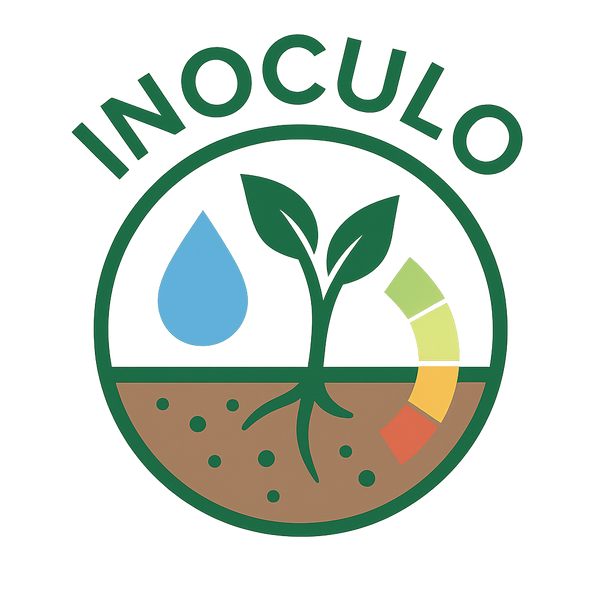Embark on a journey of environmental consciousness as we delve into the profound environmental benefits of soil pH testing. This comprehensive blog post aims to uncover not only how soil pH testing contributes to sustainable gardening and farming but also how it aligns with the principles of environmental stewardship, fostering a healthier planet for generations to come.
The Role of Soil pH Testing in Sustainable Practices
At the heart of sustainable agriculture and gardening lies the health of the soil. Soil pH testing emerges as a cornerstone in sustainable practices, serving as a diagnostic tool that guides environmentally responsible decision-making. This blog post will intricately detail how incorporating soil pH testing into regular soil management practices contributes to the broader goal of sustainability.
Reducing Reliance on Synthetic Fertilizers
One of the significant environmental impacts of conventional agriculture is the widespread use of synthetic fertilizers. Soil pH testing allows farmers and gardeners to fine-tune nutrient management, minimizing the need for excessive synthetic fertilizers. By understanding the unique nutrient requirements dictated by soil pH, practitioners can adopt more targeted and sustainable fertilization strategies, reducing the environmental footprint associated with chemical inputs.
Promoting Eco-Friendly Cultivation
Explore how soil pH testing serves as a catalyst for eco-friendly cultivation practices. Whether in large-scale farming or backyard gardening, optimizing soil pH fosters a healthier environment for plant growth. This blog post will showcase real-world examples of how conscientious soil management, guided by pH testing, promotes natural processes and reduces the reliance on environmentally harmful practices.
Contribute to a Healthier Planet
Soil health is intricately linked to the health of the planet. As we unravel the environmental benefits of soil pH testing, we'll discuss how this practice contributes to a healthier planet. Beyond individual gardens and farms, adopting sustainable soil management practices guided by pH testing has a collective impact, fostering biodiversity, improving water quality, and mitigating the broader environmental challenges we face.
Aligning with Principles of Sustainability and Stewardship
In the concluding section, we'll underscore how soil pH testing aligns seamlessly with the principles of sustainability and environmental stewardship. By empowering individuals and industries to make informed decisions about soil management, we collectively take a step towards a more sustainable future. This blog post aims to inspire readers to integrate soil pH testing into their gardening and farming practices, recognizing it not just as a tool for immediate benefits but as a crucial component of a broader commitment to environmental well-being.
